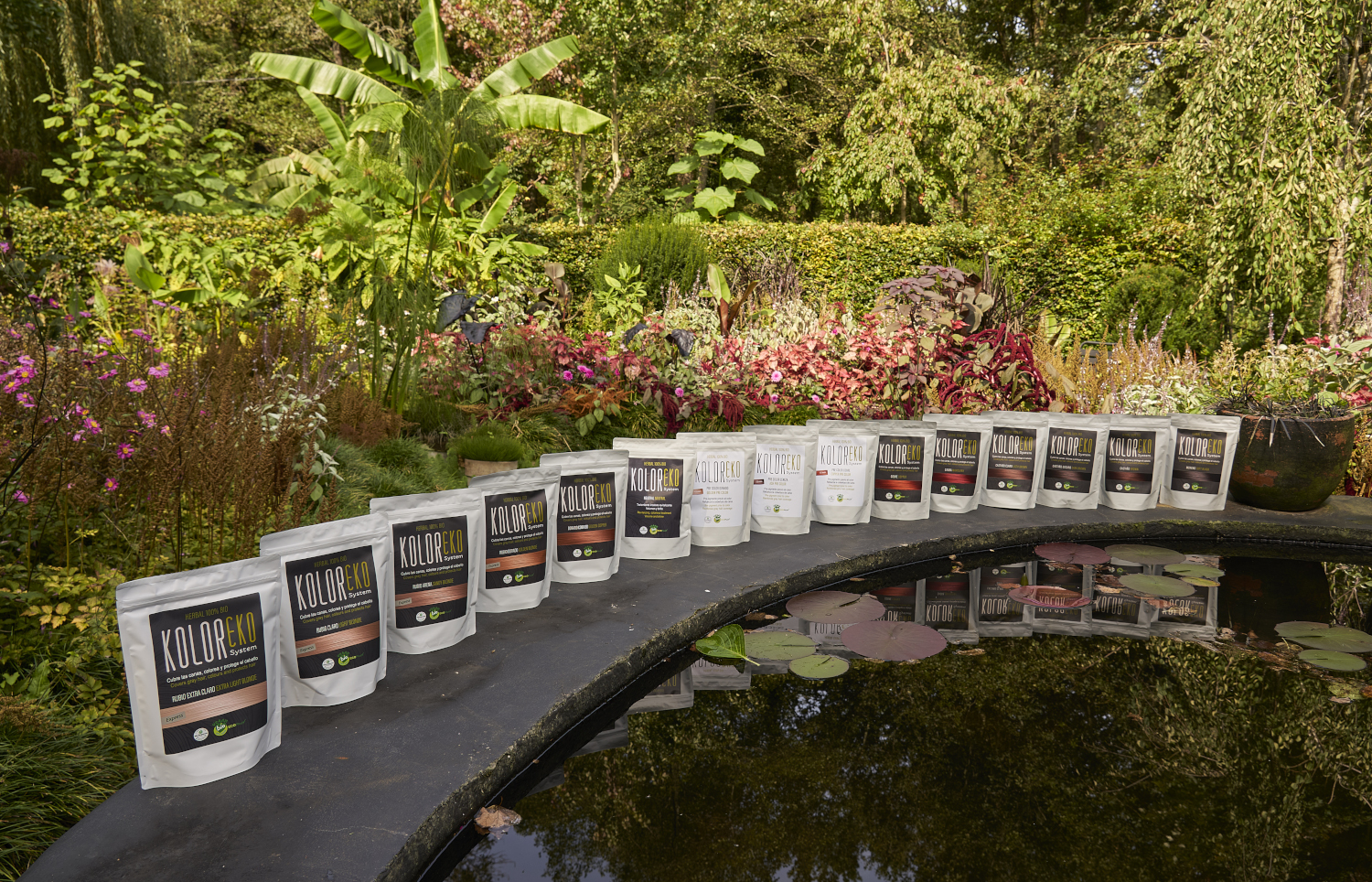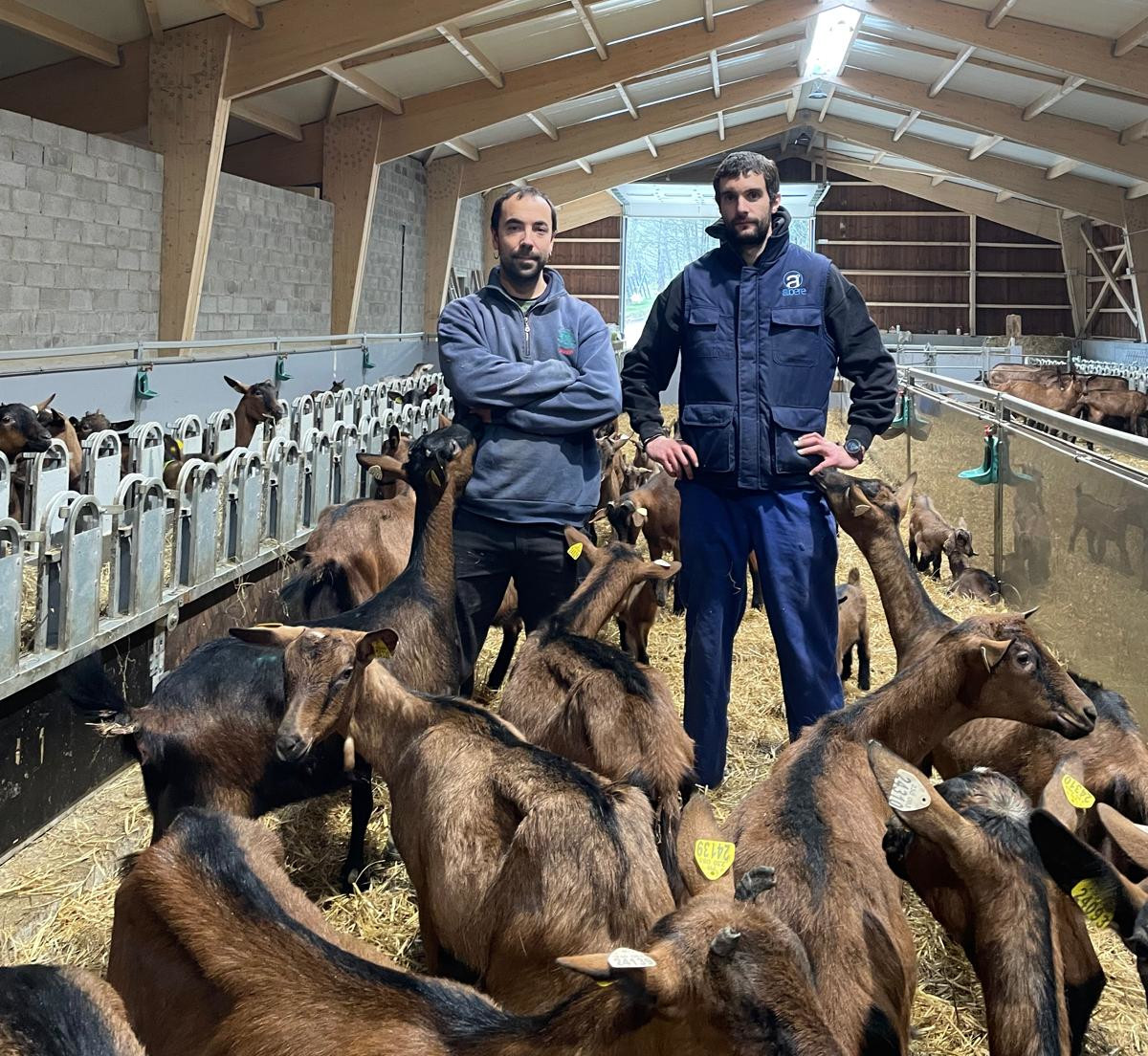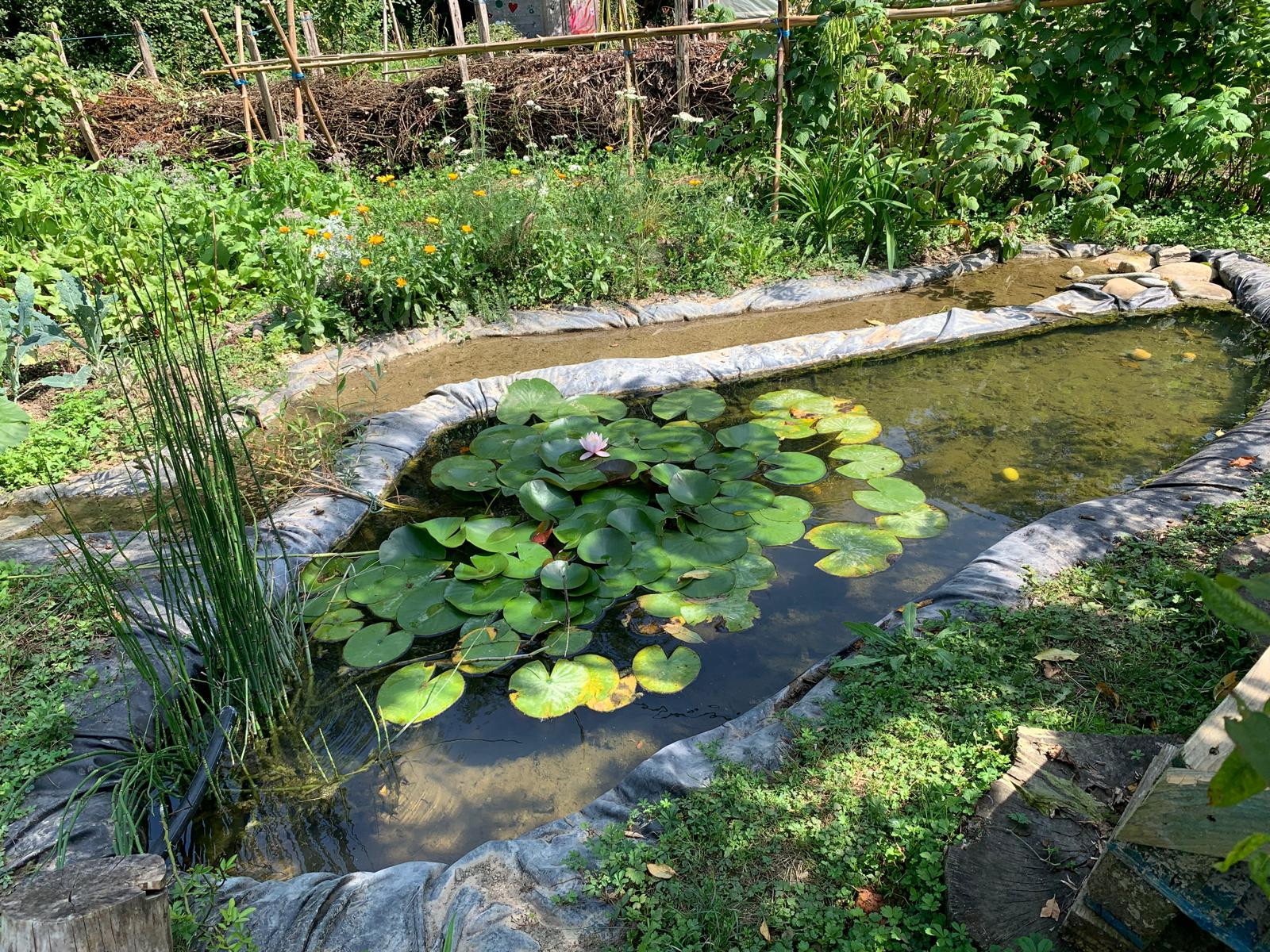Compulsory agricultural service
- Sergi Caballero has asked the Government of Spain: After 20 years, we are all in contact with land and animals, in cooperation with the farms of the local community.

Yesterday I received a letter from the Catalan farmer Sergi Caballero González. Sergi is well known for his constant work in favour of sustainable agriculture. Its name is often seen in conferences, meetings, schools and above all on social media. It is, above all, the impeller of the so-called permaculture. Permaculture is an ancient agricultural model. It wants to express a permanent or sustainable culture. Culture, of course, the culture of the earth, agriculture.
Three are the foundations of sustainable agriculture. First of all, we must take care of the land: the living land is a healthy land and the only way to preserve our life and our health. Secondly, the possibility of people reaching the resources needed to live. Thirdly, to set limits on population and consumption; by governing our needs, we can do without some resources to promote the two above.
Each of us has to see where it is, how close or far it is from that real vision of sustainability. Sustainability has become a business for many, including most administrations, and they have no intention of caring for either the land or the people, they only look after their pockets. They are green and sustainable, polluting our daily lives, our environment and the environment. And we in the background, far away.
Sergi has explained a nice way to turn that off and to be able to see the way, the direction, the way to intervene and the aspect. It has asked the Government of Spain to establish the Compulsory Agricultural Service by means of a bill. And it clarifies it like this. After 20 years, we all have to be between 9 and 12 months in contact with land and animals, in collaboration with the farms in the local community. The objective is to participate and learn in the basic processes of life and to meet the needs of basic food. Perhaps in this way we will discover the value of quality organic foods and stop complaining about their price. At the same time, we will stop normalizing the price of rentals and mortgages, as we cut the consumption of the health system and eat “cacas”. Like the mandatory military service of a time, but effective, for the people, for the future. All right, all right.
Nothing better than understanding and appropriating. We already know that. We know that. Do we know? How do you feed yourself, or what's the same, your daughter?
Duela lau urte abiatu zuten Azpeitian Enkarguk proiektua, Udalaren, Urkome Landa Garapen Elkartearen eta Azpeitiako eta Gipuzkoako merkatari txikien elkarteen artean. “Orain proiektua bigarren fasera eraman dugu, eta Azkoitian sortu dugu antzeko egitasmoa, bere izenarekin:... [+]
Donostiako Amara auzoko Izko ileapaindegi ekologikoak 40 urte bete berri ditu. Familia-enpresa txikia da, eta hasieratik izan zuten sortzaileek ile-apainketan erabiltzen ziren produktuekiko kezka. “Erabiltzaileen azalarentzat oso bortzitzak dira produktu gehienak, baina... [+]
Ubidekoak (Bizkaia) dira Imanol Iturriotz eta Aritz Bengoa gazteak. “Lagunak gara txikitatik, eta beti izan dugu buruan abeltzaintza proiektu bat martxan jartzeko ideia”, azaldu du Iturriotzek. Nekazaritzari lotutako ikasketak izan ez arren, baserri munduarekin eta... [+]
Iruñean bizi ziren Iñaki Zoko Lamarka eta Andoni Arizkuren Eseberri gazteak, baina familiaren herriarekin, Otsagabiarekin, lotura estua zuten biek betidanik. “Lehen, asteburuetan eta udan etortzen ginen eta duela urte batzuk bizitzera etorri ginen”, dio... [+]
Gipuzkoako hamaika txokotatik gerturatutako hamarka lagun elkartu ziren otsailaren 23an Amillubiko lehen auzo(p)lanera. Biolur elkarteak bultzatutako proiektu kolektiboa da Amillubi, agroekologian sakontzeko eta Gipuzkoako etorkizuneko elikadura erronkei heltzeko asmoz Zestoako... [+]
Emakume bakoitzaren errelatotik abiatuta, lurrari eta elikadurari buruzko jakituria kolektibizatu eta sukaldeko iruditegia irauli nahi ditu Ziminttere proiektuak, mahai baten bueltan, sukaldean bertan eta elikagaiak eskutan darabiltzaten bitartean.





















